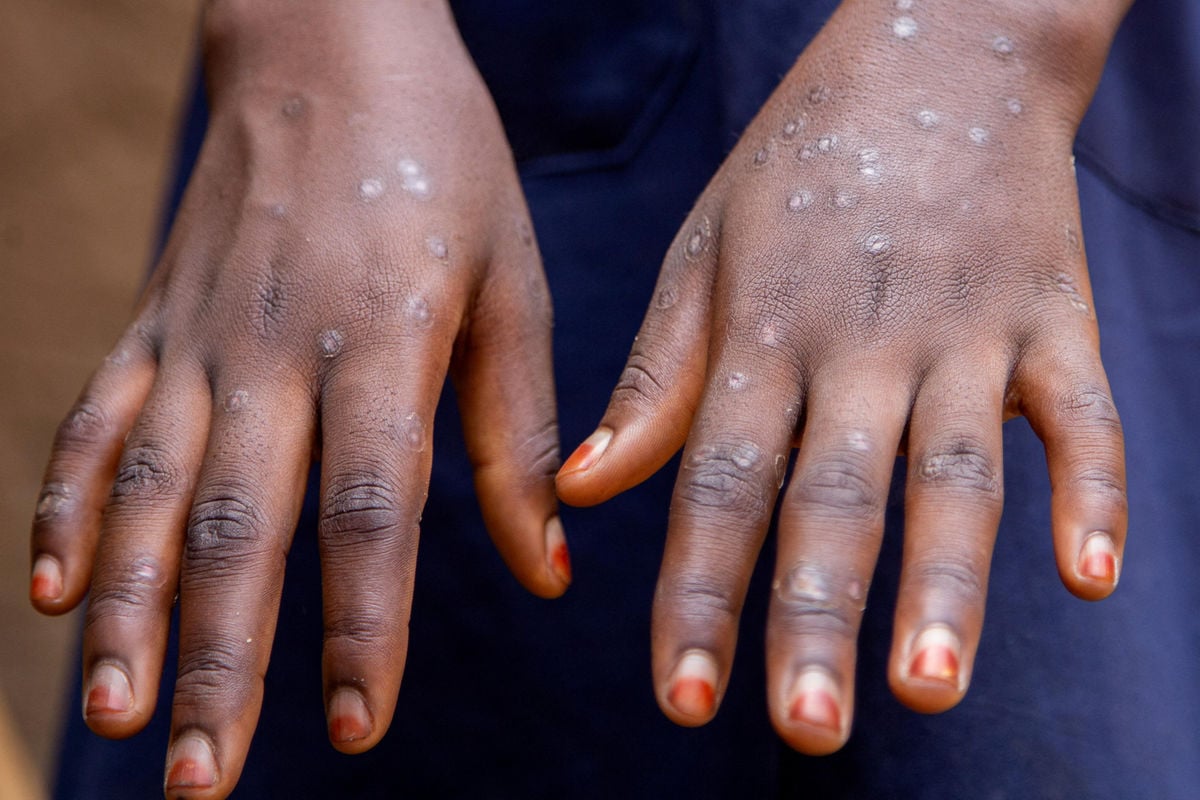A total of 2,702 teachers have been trained to prevent, detect, and manage the spread of Mpox in schools as part of a national strategy to curb the viral disease, which has now spread to 71 districts across Uganda. With schools set to reopen for the first term on February 3, the Minister of Health, Dr. Jane Ruth Aceng, highlighted the increased risk posed to learners.
“As part of our efforts to strengthen health capacities in schools, we have trained 2,702 teachers from 1,440 schools in high-risk districts. Plans are underway to orient additional teachers and school health focal persons before schools reopen,” Dr. Aceng said during a media update in Kampala.
To enhance awareness, child-friendly informational materials have been disseminated across schools. Additionally, the Health Ministry, in collaboration with the Ministry of Education, has developed operational guidelines to aid schools in the prevention, detection, and control of Mpox. Dr. Aceng assured the public that a circular containing these guidelines would be distributed to schools and other training institutions.
District education officers, school inspectors, and frontline teachers are also being oriented on Mpox management protocols. Dr. Aceng urged school administrators to promptly report any learners exhibiting symptoms of Mpox, which include rashes, fever, headache, and general malaise.
The Ministry of Health reports a cumulative total of 1,712 laboratory-confirmed Mpox cases across the country, with 362 cases involving children. Encouragingly, eight districts have reported no new cases in the past six weeks, with Adjumani District entering the elimination phase after recording no cases for over three months.
Despite these strides, the outbreak remains prevalent in the Greater Kampala Metropolitan Area—comprising Kampala, Mukono, and Wakiso—which accounts for 73% of total cases. Transmission hotspots include Bwaise and Kawaala in Kawempe Division.
The disease, which emerged in Uganda in July 2023, is particularly common among mobile workers such as truck drivers, boda boda riders, vendors, bar attendants, and casual laborers.
Dr. Aceng announced that Uganda is set to receive 10,000 doses of the Mpox vaccine next week, targeting high-risk populations, including individuals in transmission hotspots, close contacts of confirmed cases, and frontline health workers.
“The vaccines will prioritize truck drivers, boda boda riders, vendors, bar attendants, bibanda workers, commercial sex workers, and casual laborers in areas like Bwaise and Kawaala,” she explained.
Ms. Mary Boyd, Director of the U.S. Centers for Disease Control in Uganda, reiterated the global commitment to combat Mpox. “Our administration, alongside countries such as Canada, the European Union, Gavi, and Africa CDC, has committed a million doses for affected countries. Uganda will soon receive an allocation of 10,000 doses,” she stated.
Col. Henry Kyobe, the Mpox incident commander at the Ministry of Health, emphasized the importance of local government involvement in managing the outbreak. “We are transitioning responsibilities to local government leaders in hotspot areas. We urge them to provide guidance on managing and regulating gatherings to limit transmission,” he said.
Citing the success of the Nyege Nyege festival, which was held without a surge in Mpox cases, Col. Kyobe noted that gatherings could still be managed safely with proper precautions.
As Uganda intensifies its efforts to combat Mpox, the integration of school, community, and vaccination initiatives underscores a comprehensive approach to safeguarding public health.





